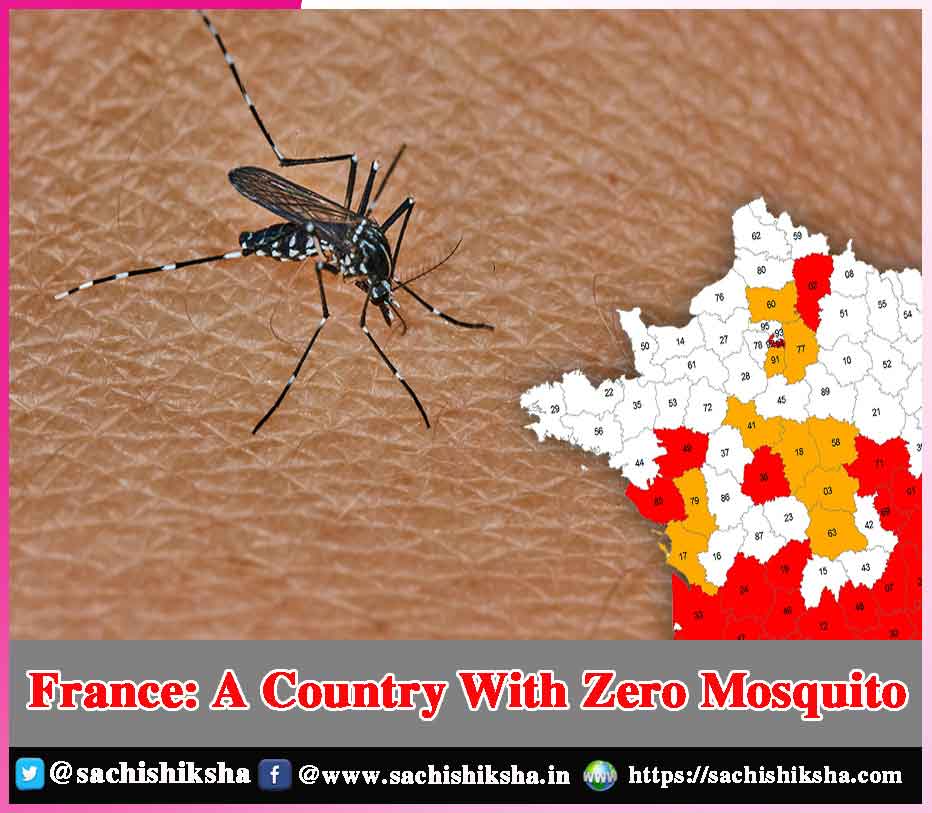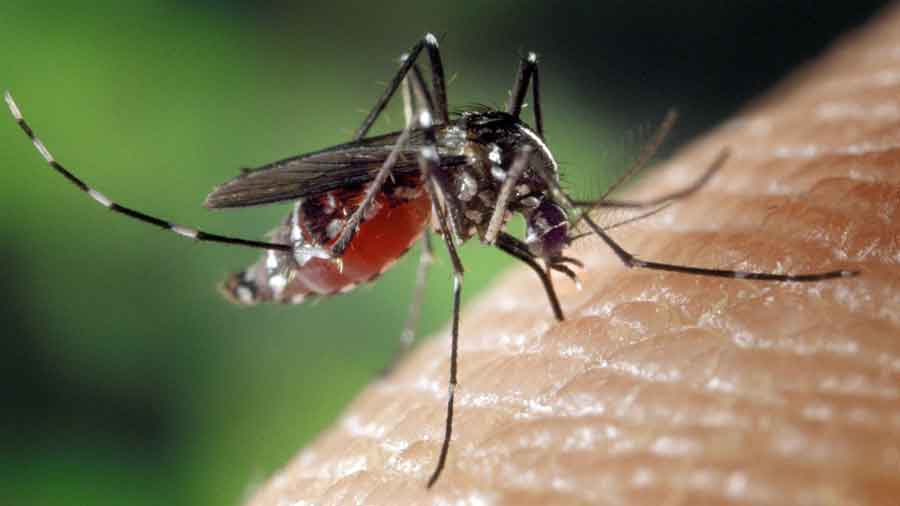France: A Country With Zero Mosquito
Introduction
In an astounding accomplishment, France has become the world’s first country to successfully eliminate mosquitoes from its territory, revolutionizing the fight against these disease-carrying pests. This extraordinary feat was made possible through a combination of groundbreaking strategies, scientific advancements, and a relentless commitment to environmental preservation. With the eradication of mosquitoes, France has not only brought relief to its citizens from mosquito-borne diseases but has also positioned itself as a global leader in mosquito control.
Also Read:
- Humans & Their Luxurious Vehicles
- Traffic Travel in Indian Cities
- Cars from Heaven
- Natural Ways to Get Rid of Mosquitoes: Home Remedies for Mosquito Repellent
- Electric Vehicles –An Opportunity for Future
Table of Contents
A Collaborative Effort
Mosquitoes have long been a global health concern due to the diseases they transmit, including malaria, dengue fever, and Zika virus. Recognizing the threats posed by these tiny yet dangerous insects, France embarked on an ambitious mission to eradicate mosquitoes from its country. The endeavour was spearheaded by a collaborative effort involving government agencies, scientists, and local communities.
Innovative Biological Control Methods
The cornerstone of France’s mosquito eradication campaign was the implementation of innovative biological control methods. French scientists developed cutting-edge techniques to disrupt the mosquito breeding and life cycle. By identifying and targeting specific breeding sites, such as stagnant water bodies, researchers successfully hindered the development of mosquito larvae into mature insects. These methods proved highly effective in reducing mosquito populations and preventing their resurgence.
Public Awareness Campaigns
Moreover, France launched extensive public awareness campaigns to educate its citizens about mosquito prevention and eradication. These campaigns emphasized the importance of maintaining clean and dry environments, removing potential breeding grounds, and employing protective measures such as mosquito nets and repellents. By actively involving the public, France fostered a sense of collective responsibility, ensuring the long-term sustainability of a mosquito-free environment.
Scientific Research
France also invested significantly in scientific research to develop cutting-edge technologies to combat mosquitoes. Among these advancements was the use of genetically modified mosquitoes, incapable of reproduction. By introducing sterile male mosquitoes into the wild, the country achieved a remarkable reduction in mosquito populations. This groundbreaking approach not only contributed to France’s own mosquito eradication efforts but also offered potential solutions to other nations battling mosquito-borne diseases.
Impact on Public Health
The elimination of mosquitoes has had a profound impact on public health in France. With the absence of these disease vectors, the country has experienced a significant reduction in mosquito-borne illnesses, leading to improved overall well-being for its population. Furthermore, the mosquito-free environment has translated into substantial economic benefits, as France has become an even more appealing tourist destination, particularly during the summer season when mosquito activity tends to peak.
Inspiration For Global Collaboration
The success of France in eliminating mosquitoes is a significant step towards achieving the United Nations Sustainable Development Goals (SDGs) related to health and environmental sustainability. Malaria, a disease transmitted by mosquitoes, affects millions of people worldwide, particularly in sub-Saharan Africa. The eradication of mosquitoes in France offers hope for a future where malaria can be eliminated globally.
Additionally, the implementation of innovative and sustainable mosquito control methods in France demonstrates the potential for other nations to reduce their environmental impact and promote ecological sustainability. By adopting France’s methods, other countries can mitigate the negative effects of insecticides and other harmful chemicals on the environment while simultaneously achieving their public health goals. France’s achievement in eliminating mosquitoes is not only significant in the context of mosquito-borne diseases but also serves as an inspiration for global cooperation and collaboration.
The success of France’s mosquito control campaign was made possible through a partnership between scientists, government agencies, and local communities. This cooperation allowed for the sharing of knowledge, resources, and expertise, enabling France to achieve its goals efficiently and effectively. The achievement of France in eliminating mosquitoes demonstrates that by working together, we can overcome seemingly insurmountable challenges and create a better world for all.
A Blueprint For Others
While France celebrates this momentous achievement, it is essential to remain vigilant in order to maintain a mosquito-free environment. Continued investment in research, surveillance, and preventive measures will be crucial to ensure that mosquitoes do not re-establish themselves within the country’s borders. France’s success in eradicating mosquitoes serves as an inspiration and a blueprint for other nations grappling with the challenges posed by these disease-carrying insects.
Conclusion
France’s accomplishment of eliminating mosquitoes from its territory sets a precedent for the global fight against mosquito-borne diseases. Through innovative strategies, scientific breakthroughs, and the active involvement of its citizens, France has created a mosquito-free environment, effectively safeguarding public health and fortifying its tourism industry. The eradication of mosquitoes in France stands as a remarkable testament to what can be achieved through determined efforts and collaborative action, instilling hope for a future where mosquito-borne diseases are relegated to history.














































